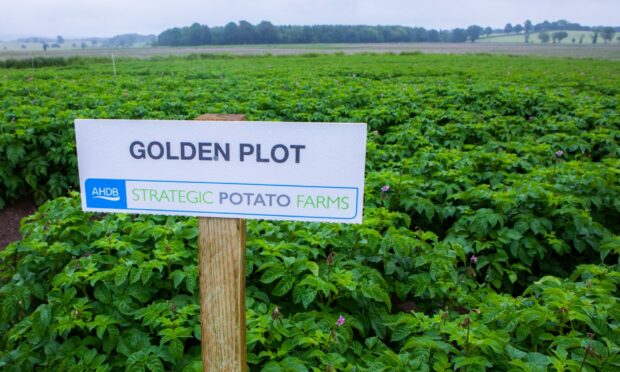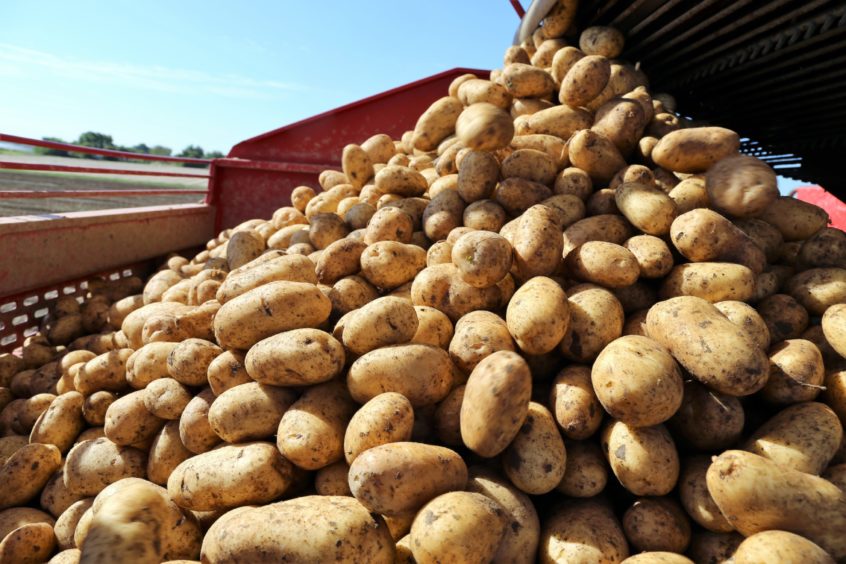It’s this summer’s hot tattie.
What is going to replace the research arm of the punctured AHDB Potatoes?
George Eustice and the devolved administrations have still to formally decide the fate of this faction of the giant levy body, yet it has been allowed to start dismantling the entire edifice, giving the industry no time to build an alternative model and leaving future research programmes and the essential knowledge transfer structure in limbo.
A bit like Brexit, there’s a belated post-vote realisation that the void needs to be filled urgently or in this case we could end up with fragmented, duplicated science being done by multiple agencies – or relying on agrochemical companies to take up the slack with research that would undoubtedly prove their products are essential!
All this at a time when the industry is facing unprecedented environmental issues and the loss of crop protection products. This week’s brutal warning from the IPCC about the impact of climate change in the next two decades means it’s essential to harness science to prioritise ways of limiting greenhouse gas emissions and accelerate breeding programmes in order to prepare for farming under rapidly changing climatic conditions.
There’s no shortage of first rate establishments in the UK jostling to take up the slack, so it’s impressive to discover the ambition of Tayside scientists at the James Hutton Institute (JHI) which is out in pole position with plans for an international centre of excellence.
What a coup if Invergowrie becomes the potato industry’s international scientific hub and Forfar the national centre for storage research.
Meanwhile industry leaders are picking over the bones of the AHDB, discovering what can be salvaged and looking for a way of uniting growers in a new more focused and relevant subscription organisation.
The levy word has been tarnished so the voluntary principle will apply and intense debate is currently going on behind the scenes, with an emphasis on gaining the widest possible consensus for a nimble, slimmed-down administration.
It will cost, of course, and not everyone will subscribe but the specialised capital-intensive nature of potato production should mean enough businesses will opt in rather than take advantage of the contributions made by their neighbours.
The industry is facing challenges, not least in resuming seed exports to Europe,, but tatties are the third biggest crop in the world, demand is on the up and no country grows them better than the UK.
There’s never been a more critical time for growers to pull together and capitalise on the opportunities.











